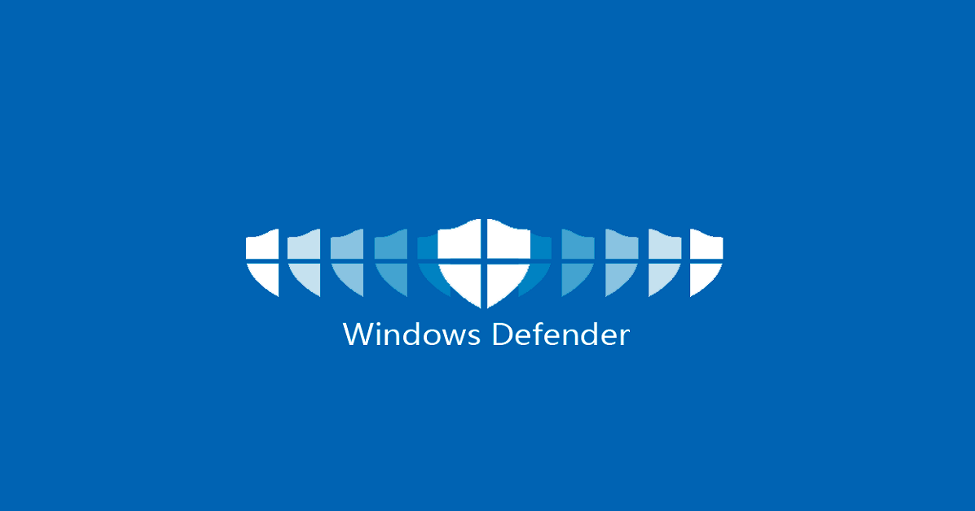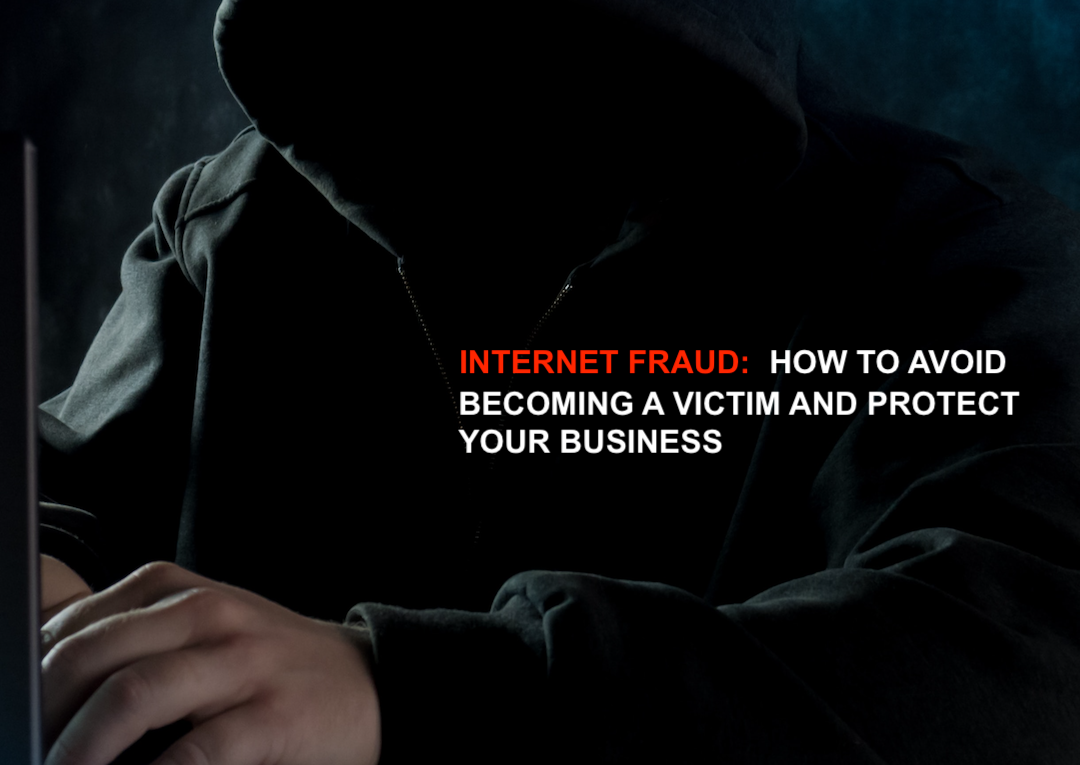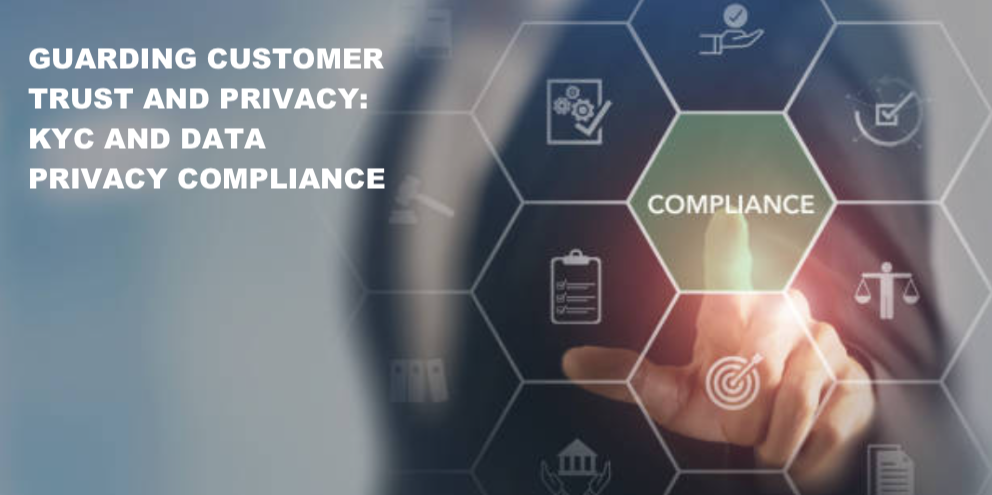
Phishing scams have become a persistent threat at home and work. Scammers use email, text, and social media messaging to trick individuals into sharing sensitive information. A phishing scam can lead to identity theft and other severe consequences. Phishing messages often appear to come from valid sources. The message may appear to be coming directly from your bank, PayPal, or Venmo. But in reality, scammers send messages to commit cybercrimes against unsuspecting victims.





